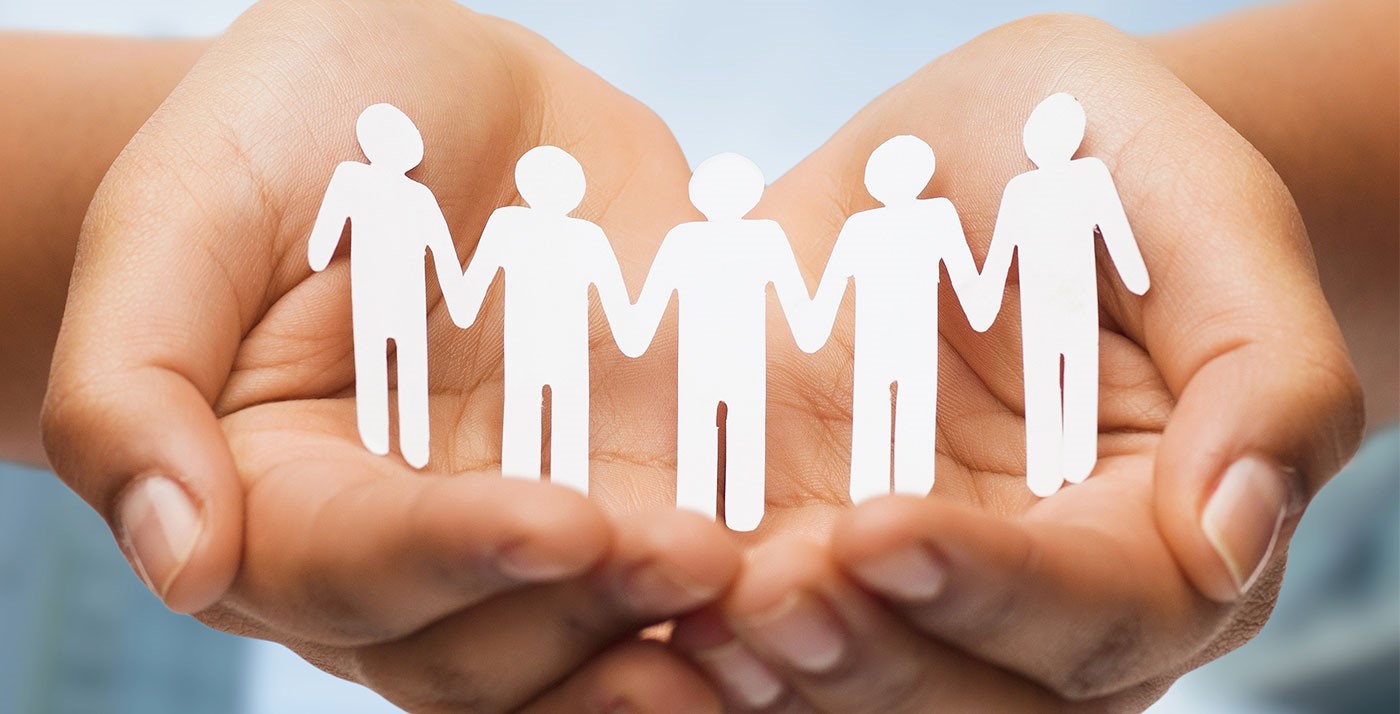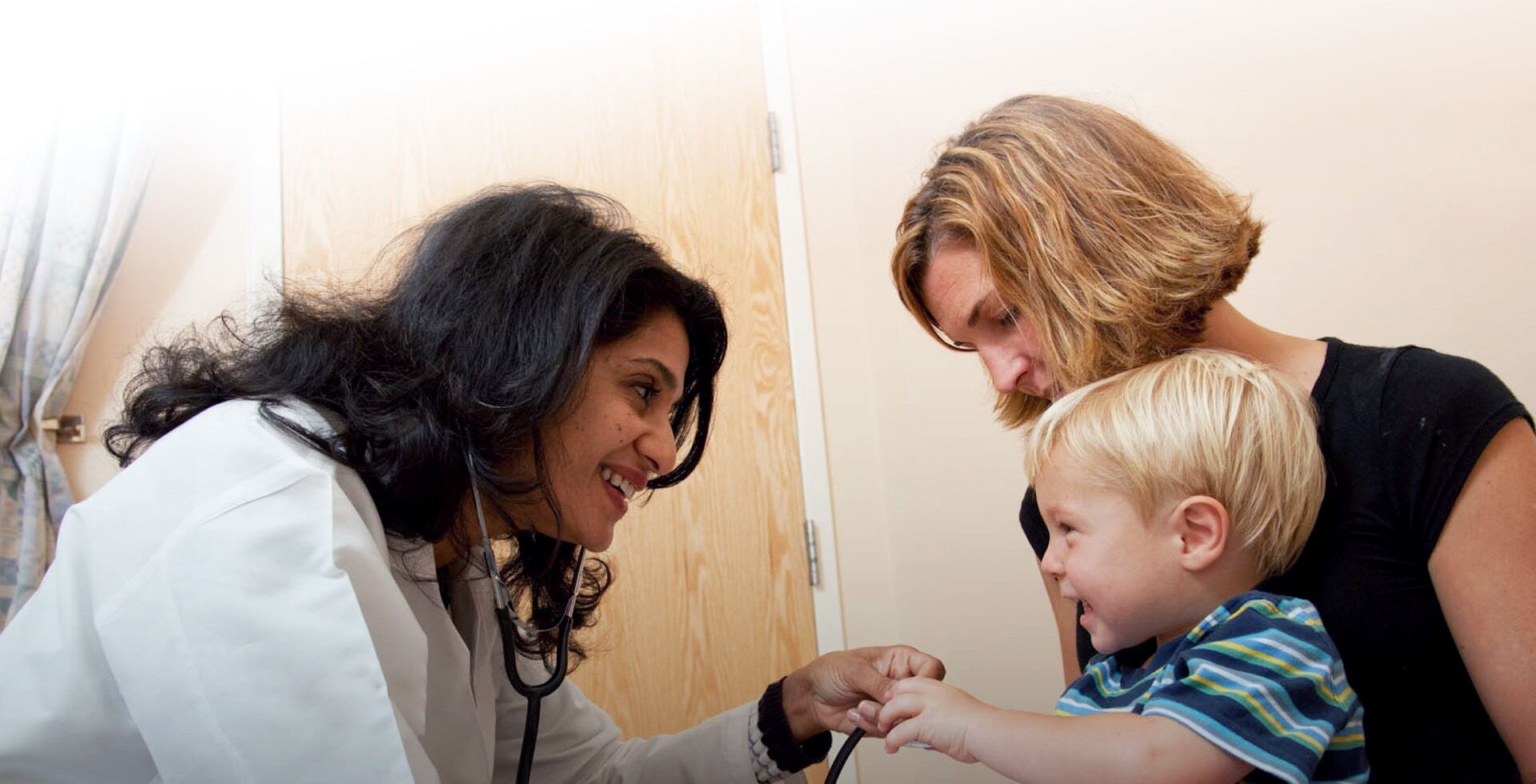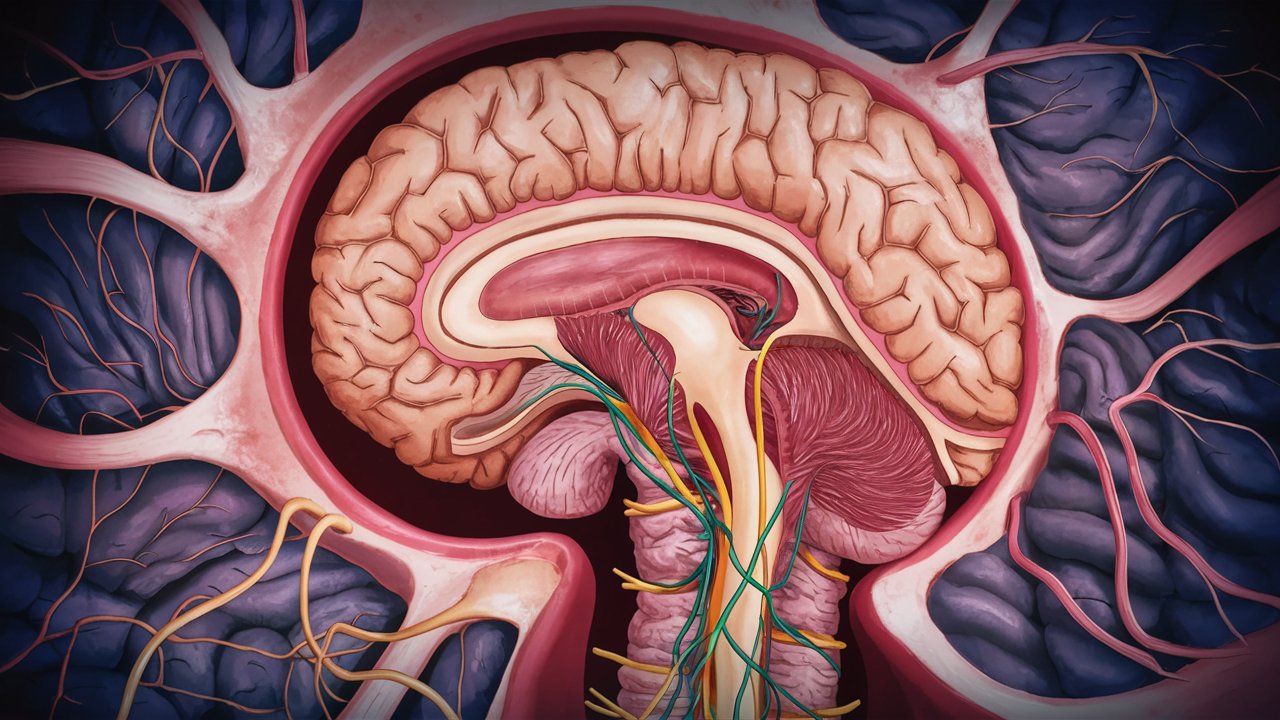
Did you know that social health can impact your overall well-being just as much as physical health? Social health refers to how well you form and maintain relationships with others. It’s about feeling connected, having a support system, and being able to communicate effectively. Good social health can boost your mood, reduce stress, and even improve your immune system. On the flip side, poor social health can lead to loneliness, anxiety, and other mental health issues. Understanding the importance of social health can help you lead a happier, healthier life. Let's dive into some fascinating facts that highlight why social health matters.
The Importance of Social Health
Social health is all about how you interact with others and build relationships. It impacts your mental and physical well-being. Here are some fascinating facts about social health that might surprise you.
-
Strong social connections can boost your immune system. People with good social networks tend to have stronger immune responses, making them less likely to catch colds or other illnesses.
-
Loneliness can be as harmful as smoking. Chronic loneliness can increase the risk of early death by 26%, similar to the risks associated with smoking 15 cigarettes a day.
-
Volunteering can improve your health. Helping others can reduce stress, combat depression, and keep you mentally stimulated.
Social Health and Mental Well-being
Mental health is closely tied to social health. Positive interactions can improve your mood and reduce anxiety.
-
Socializing can reduce the risk of dementia. Engaging in social activities can keep your brain active and lower the risk of cognitive decline.
-
Positive relationships can lower stress levels. Having supportive friends and family can help you cope with stress more effectively.
-
Laughter is a great social tool. Sharing a laugh with friends can release endorphins, the body's natural feel-good chemicals.
The Role of Technology in Social Health
Technology has changed the way we interact with others. It has both positive and negative effects on social health.
-
Social media can enhance connections. Platforms like Facebook and Instagram can help you stay in touch with friends and family, even if they live far away.
-
Too much screen time can harm social skills. Spending excessive time on devices can reduce face-to-face interactions, which are crucial for developing social skills.
-
Online communities can provide support. Joining online groups with similar interests can offer a sense of belonging and support.
Social Health in Different Age Groups
Social health varies across different stages of life. Each age group has unique social needs and challenges.
-
Children need playtime for social development. Playing with peers helps kids learn important social skills like sharing and cooperation.
-
Teenagers benefit from peer support. Positive friendships during adolescence can boost self-esteem and academic performance.
-
Adults need work-life balance. Maintaining a healthy balance between work and personal life is crucial for social health.
-
Seniors benefit from staying socially active. Engaging in social activities can improve the quality of life and reduce the risk of depression in older adults.
Social Health and Physical Activity
Physical activity can also play a role in social health. Exercising with others can make it more enjoyable and beneficial.
-
Group exercises can boost motivation. Working out with friends or in a class can keep you motivated and make exercise more fun.
-
Sports can build teamwork skills. Participating in team sports can teach valuable lessons about cooperation and communication.
-
Walking groups can enhance social bonds. Joining a walking group can provide both physical exercise and social interaction.
Social Health and Emotional Support
Emotional support is a key component of social health. Having someone to talk to can make a big difference in how you handle life's challenges.
-
Talking about your feelings can reduce stress. Sharing your thoughts and feelings with a trusted friend can help you process emotions and feel less overwhelmed.
-
Pets can provide social support. Having a pet can offer companionship and reduce feelings of loneliness.
-
Support groups can offer a sense of community. Joining a support group for people facing similar challenges can provide comfort and understanding.
Social Health and Cultural Differences
Cultural background can influence social health. Understanding and respecting cultural differences can improve social interactions.
-
Cultural diversity can enrich social experiences. Interacting with people from different cultures can broaden your perspective and enhance social skills.
-
Language barriers can impact social health. Learning a new language can help bridge gaps and improve communication with people from different backgrounds.
-
Cultural traditions can strengthen social bonds. Participating in cultural traditions and celebrations can foster a sense of belonging and community.
Social Health and Personal Development
Personal growth and social health are interconnected. Developing social skills can enhance personal development and vice versa.
-
Self-awareness can improve social interactions. Understanding your own emotions and behaviors can help you interact more effectively with others.
-
Empathy is key to building strong relationships. Being able to understand and share the feelings of others can strengthen social bonds.
-
Conflict resolution skills are essential. Learning how to resolve conflicts peacefully can improve relationships and reduce stress.
Social Health and Community Involvement
Being involved in your community can boost social health. It provides opportunities to connect with others and make a positive impact.
-
Community events can foster social connections. Attending local events can help you meet new people and build a sense of community.
-
Neighborhood watch programs can enhance safety and social health. Participating in neighborhood watch programs can improve safety and foster a sense of community.
The Power of Social Health
Social health isn't just a buzzword. It's a vital part of our well-being. Strong relationships and community connections can boost mental health, reduce stress, and even increase longevity. Whether it's spending time with friends, volunteering, or simply chatting with neighbors, these interactions matter. They shape our happiness and overall quality of life.
Don't underestimate the impact of a simple conversation or a shared laugh. These moments build trust and empathy, creating a support system that can help us through tough times. So, make an effort to connect. Join a club, call a friend, or participate in local events. Your social health is just as important as your physical and mental health. Embrace it, nurture it, and watch your life improve in ways you never imagined.
Was this page helpful?
Our commitment to delivering trustworthy and engaging content is at the heart of what we do. Each fact on our site is contributed by real users like you, bringing a wealth of diverse insights and information. To ensure the highest standards of accuracy and reliability, our dedicated editors meticulously review each submission. This process guarantees that the facts we share are not only fascinating but also credible. Trust in our commitment to quality and authenticity as you explore and learn with us.


